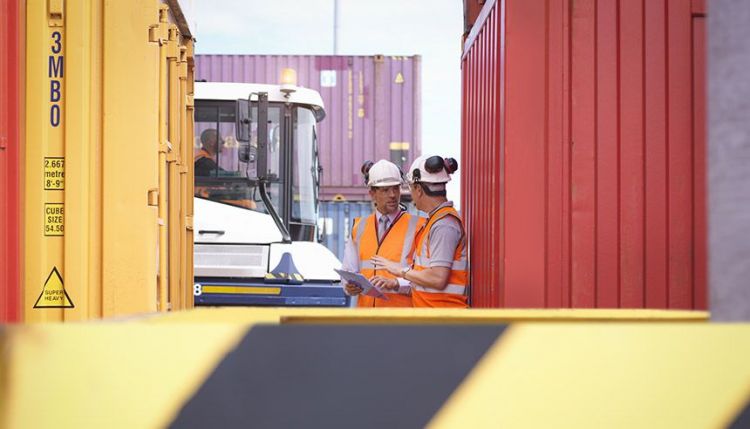The Customs Bill threatens UK industry and jobs

Today the Customs Bill has its second reading in the House of Commons.
This Bill will enable the UK, should we leave the EU Customs Union, to set our own customs tariffs (taxes on imported goods) and rules to prevent imported goods being sold at below market prices in the UK – known as ‘trade dumping’.
The TUC believes the UK should keep membership of the EU Customs Union on the table in Brexit negotiations. Leaving the Customs Union would mean businesses faced VAT and other tariffs on imported components and goods, and customs checks that will add to their costs and risk job losses.
The Customs Bill also threatens to expose UK industries to extra risks outside of the EU Customs Union due to the weak ‘trade remedies’ system it would set up to prevent trade dumping.
Sectors of UK industry such as steel, aluminium, glass and tyres have already suffered from unfair trade practices and dumping because of the Government’s reluctance to take tougher action. This has already cost thousands of jobs and affected thousands more people in communities that these industries support.
The EU has recently agreed stronger defences against dumping - these include rules aimed at preventing countries abusing workers’ rights to gain a trade advantage. They still don’t go as far as unions would like but they are an important step forward.
By contrast, the Customs Bill would leave the UK with one of the weakest trade remedies systems in the world.
The Bill provides no special trade remedies to deal with ‘non-market’ economies like China where weak labour rights, state-owned enterprises and state subsidies lead to overproduction of artificially low priced goods for export. China has been one of the worst offenders when it comes to dumping cheap goods in UK markets.
The Bill would also apply what is known as a ‘lesser duty rule’ in cases of dumping which sets tariffs at a level that would not be high enough to deter that dumping.
The Bill makes no mention of enforcing workers’ rights in any future trade remedies system, reinforcing the impression the government’s agenda for trade will encourage a race to the bottom on standards.
This Bill, along with the Trade Bill that will be debated tomorrow, allows ministers to bypass Parliament and trade unions. The Trade Bill will establish a Trade Remedies Authority (TRA) to advise the government on trade remedies, however the Customs Bill says that the government can reject recommendations from the TRA to protect industries from dumping if it believes they don’t benefit the economy or the public. This means subjective judgements rather than evidence would direct trade remedies.
Unions and manufacturing employers are united in calling for the government to urgently rethink the Customs Bill.
The TUC, Unite, GMB and Community have joined with a number of manufacturing employers such as UK Steel, the Chemical Industries Association and the British Ceramics Confederation, in the Manufacturing and Trade Remedies Alliance (MTRA). MTRA called in a letter in the Financial Times last week for the Customs Bill to provide stronger measures against unfair trade and dumping. The alliance is calling for trade unions and businesses in affected industries to have seats on the Trade Remedies Authority so workers and employers in affected industries can influence trade remedies, for parliament to have a role in monitoring trade remedies to ensure they are democratically accountable and for rules to ensure respect for labour standards by other trading partners.
The government needs to change course on the Customs Bill to ensure UK industry and the workers it employs can prosper after Brexit.
Stay Updated
Want to hear about our latest news and blogs?
Sign up now to get it straight to your inbox

